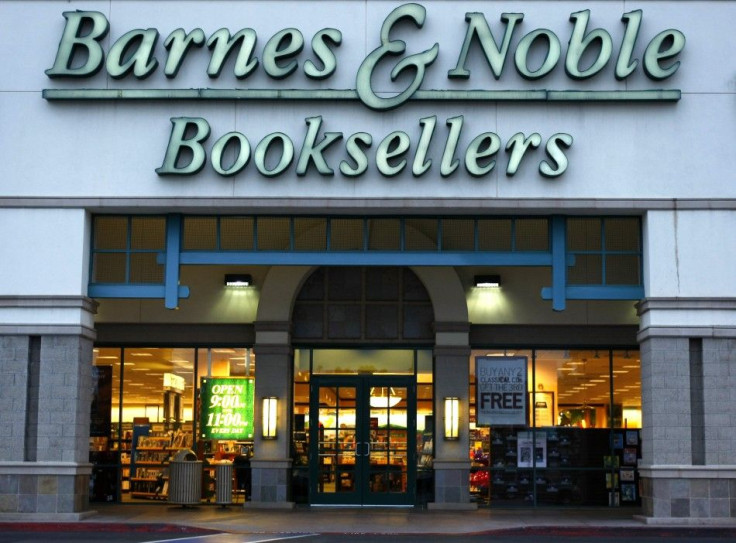Barnes & Noble Banking on College Bookstore Nook Sales

Barnes & Noble announced its Nook sales could more than double this year and one way it could hope to achieve that growth is through increased college bookstores sales of the digital reader.
Sales of the Nook digital e-reader rose more than 140 percent to $270 million, as the company hopes to avoid the fate of Borders by investing heavily in the digital reader market. The company continues to claim a 27 percent market share, behind only Amazon's Kindle, though it is constantly looking for ways to increase sales.
One way appears to be heavily pushing the Nook in its large chain of 635 college bookstores.
The company seems to be making a concerted effort to hype and sell as many Nooks through its college bookstores as possible.
I had to promote the Nook at the University Book Center when I returned to work there in January, said Rob Dawson, an employee at Maryland's University Book Center. People thought my table was an information desk rather than a table to learn about the Nook.
The Nook, which retails anywhere from $139 to $239 depending on the version, is being billed to students as a way to save money on the often-times extremely expensive textbooks required for classes.
It could be pure coincidence, but students at the University of Maryland began noticing more and more digital textbooks listed on their recommended class book list this year.
None of my teachers are making me (buy a Nook), said Michele Hayes, a senior at Maryland. But on my textbook list for every class they recommend the electronic copy and buying a Nook.
Other students mentioned that they were recommended to buy their class textbooks ranging from Art History to Macroeconomic to Microbiology through the Nook. Maryland students, like junior Kristina Taylor, noted it even specifically lists the Nook on the class book list and not just a generic digital e-reader suggestion.
It'd be unfair to say that university professors have been encouraged to ask their students to buy textbooks through the Nook, but students certainly noticed a rise in the recommendations for the product.
Erik Mass, a first-year law student at Fordham School of Law, noticed that the Nook textbooks were listed as recommended under every single one of his classes. He thought it would be impractical for most law students to buy it because most classes required writing in the margins, which for the most part doesn't seem possible on digital e-readers yet.
There are some solutions to this issue out there -- Techland's Chris Gayomali smartly pointed to the Inkling program to help consumers write in digital textbooks -- but the technology doesn't seem to be consistent enough to completely ditch print textbooks for just yet. Plus the technology seems to be aimed at the impressively selling Apple iPad and not Barnes & Noble's Nook.
Barnes & Noble seems to realize that the brick and mortar book superstore doesn't deliver the sales that it used to -- see Borders for the perfect example -- and according to its chief executive is hoping to remain relevant through its digital e-reader.
One hope for the company could be to get young college-aged consumers hooked on the product early before migrating to purchasing the more popular Kindle or Apple iPad.
So far, according to Dawson, the Nook hasn't been extremely popular at Maryland's bookstore. The store had Dawson selling the Nook full-time during big rushes, such as the beginning of a school semester, but he had to do a lot of cajoling to get students interested in it.
I actively had to try to get people to try and buy, Dawson said. They weren't coming up to me. The students seemed reluctant when talking to me, but a few were definitely interested.
Barnes & Noble was up 14.87 percent, or $1.70, to $13.13 at the end of Tuesday's trading. A Barnes & Noble spokesman did not immediately respond to a request on the company's strategy in college bookstores.
© Copyright IBTimes 2024. All rights reserved.





















